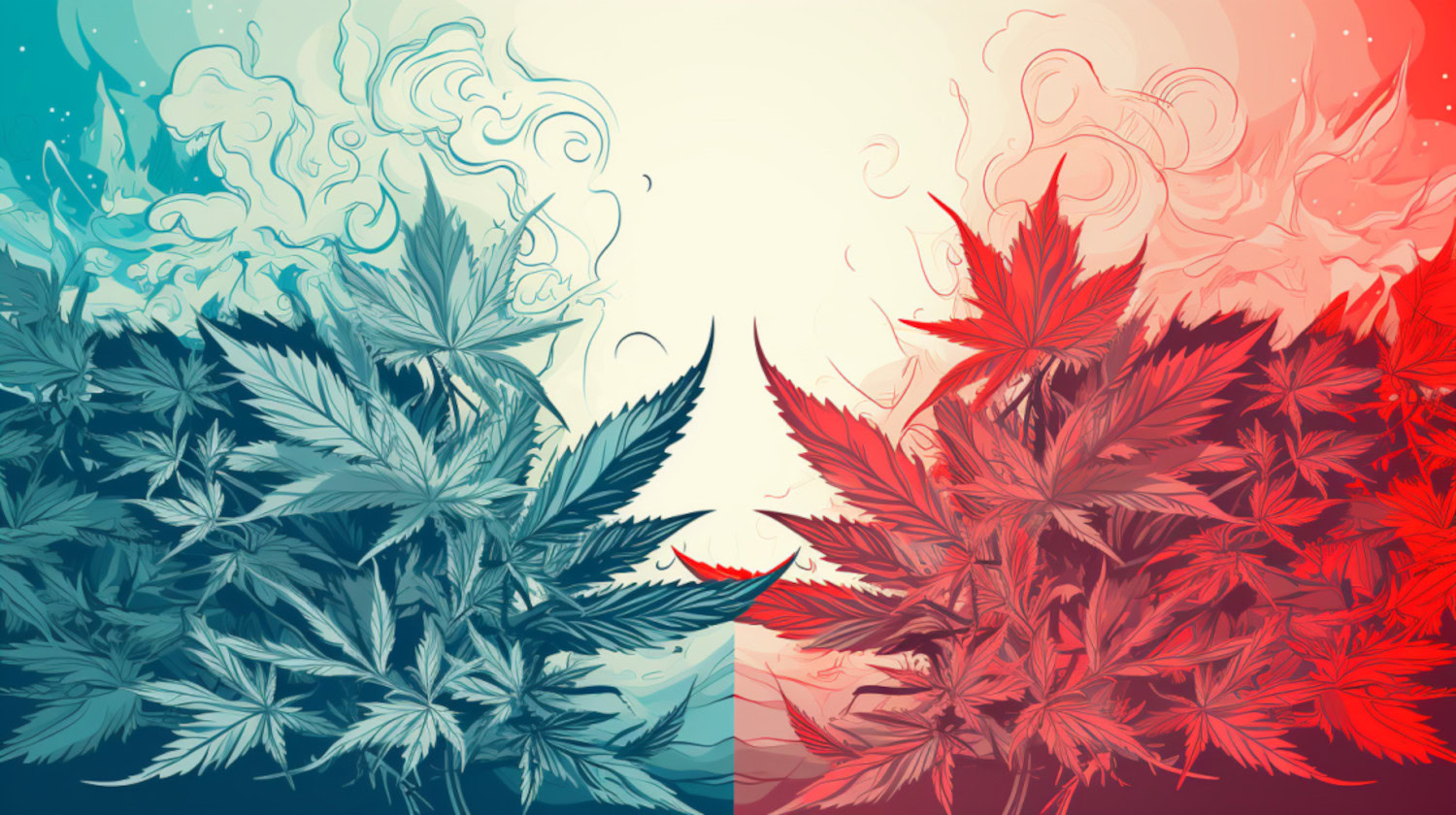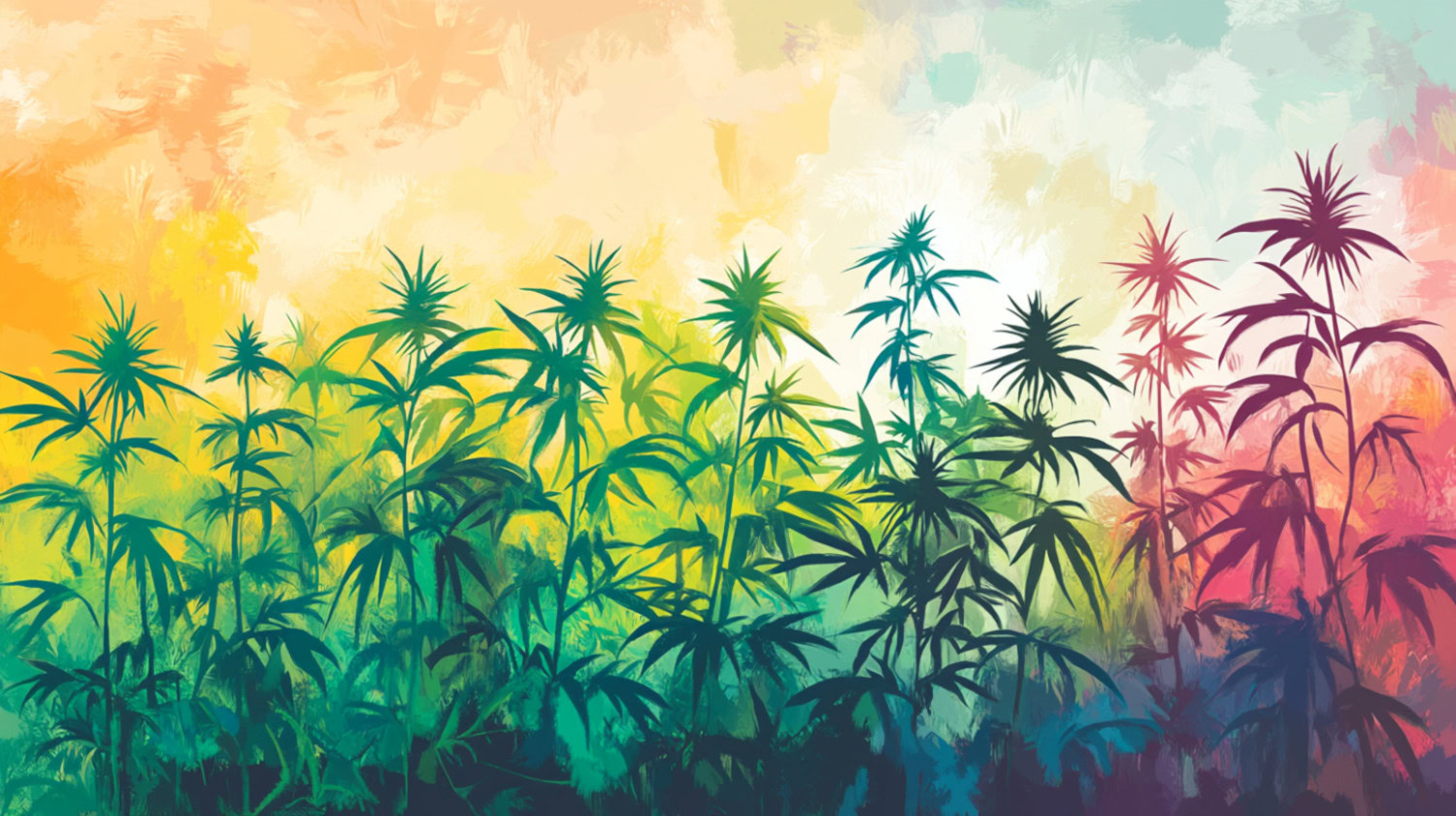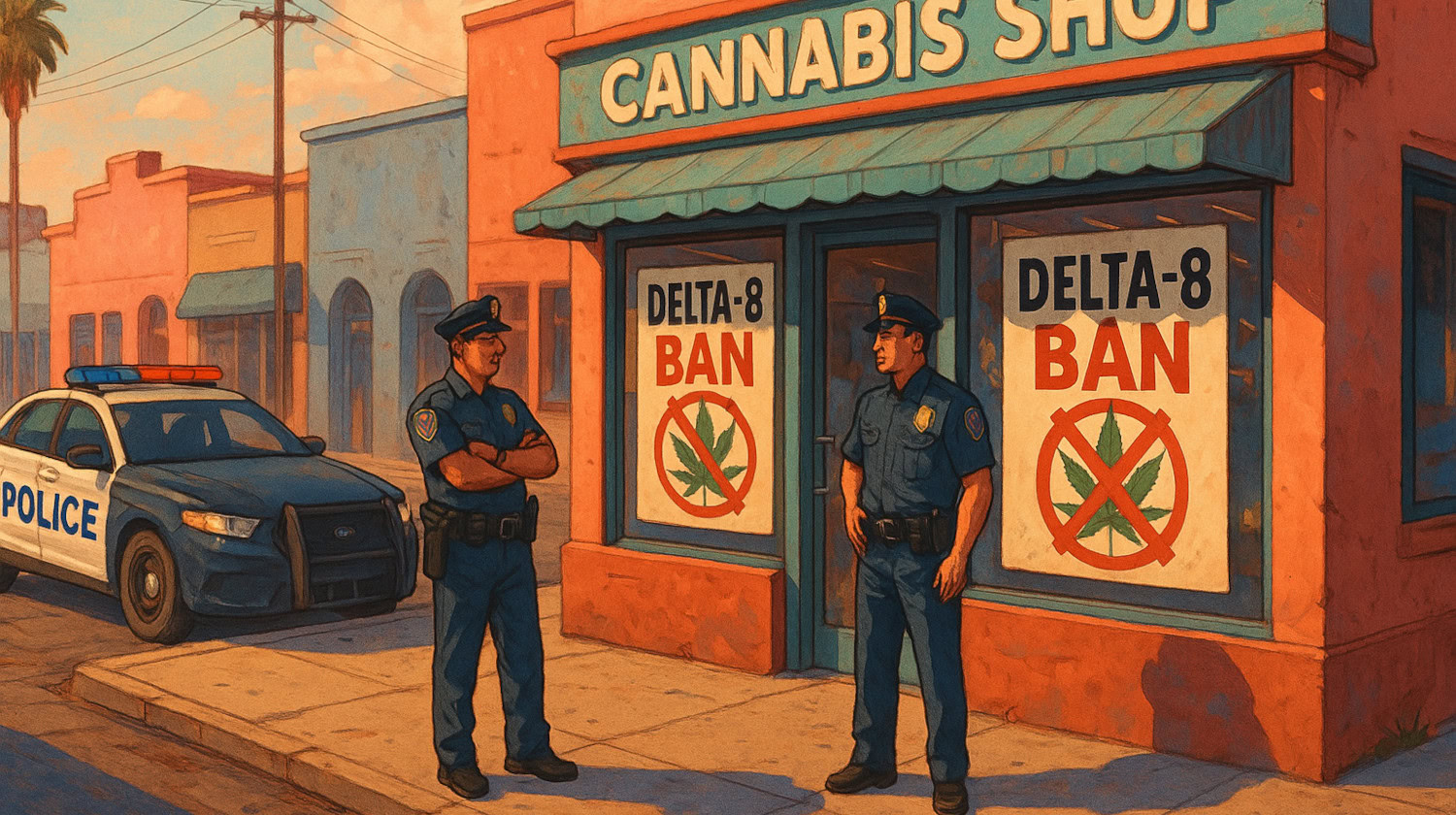In This Article
President Donald Trump on Wednesday signed into law a funding bill to end the federal shutdown that contains provisions to ban hemp-derived THC. The measure changes the federal definition of hemp, including a ban on hemp products with more than 0.4 milligrams of THC per package.
The funding bill provision “prevents the unregulated sale of intoxicating hemp-based or hemp-derived products, including Delta-8, from being sold online, in gas stations, and corner stores, while preserving non-intoxicating CBD and industrial hemp products,” according to a summary published by the Senate Appropriations Committee.
Critics of the legislation say the new law will kill the emerging hemp industry and outlaw products that people across the nation are using therapeutically, particularly in states that have not legalized medical cannabis. Supporters of the measure, however, say it fills a loophole in the legalization of hemp contained in the 2018 Farm Bill that led to a proliferation of products with intoxicating cannabinoids, including delta-8 THC.
Jim Higdon, cofounder and chief communications officer at Kentucky-based manufacturer Cornbread Hemp, says the funding bill will outlaw all of his company’s products.
“Senate leadership has sacrificed the hemp industry in a deal to reopen the government,” Higdon told the cannabis business news site IgniteIt. He added that the “appropriations package will kill the $30 billion hemp industry and the 400,000 jobs that go along with it by restricting finished packaged goods to 0.4 milligrams of THC per package, which will make even full-spectrum CBD products illegal.”
With such a low THC threshold, Higdon says the ban should not be framed as a ban on “intoxicating hemp” because it threatens products that do not cause intoxicating effects.
Republican Rep. Andy Harris of Maryland urged lawmakers in the House to support the hemp THC ban. Before Wednesday’s vote on the funding bill, he told his colleagues that the provision “closes the hemp loophole that has resulted in the spread of unregulated intoxicating hemp-derived products that are being sold online and in gas stations and corner stores across the country.”
“Many of these products are accessible and attractive to children,” he said, according to a report from Marijuana Moment.
New Legislation Changes the Legal Definition of Hemp
Under current federal law, cannabis with no more than 0.3% delta-9 THC on a dry weight basis is considered legal hemp. Under the new hemp provisions, which are slated to go into effect in one year, the total weight of THC would include delta-8 THC and other isomers of the compound. The measurement would also include “any other cannabinoids that have similar effects (or are marketed to have similar effects) on humans or animals as a tetrahydrocannabinol (as determined by the Secretary of Health and Human Services).”
The new legal definition of hemp also prohibits “any intermediate hemp-derived cannabinoid products which are marketed or sold as a final product or directly to an end consumer for personal or household use” as well as products with cannabinoids that are synthesized or manufactured and cannabinoids not naturally produced by the cannabis plant.
“As written, the federal ban on hemp would be disastrous for patients who rely on CBD,” Sasha Kalcheff-Korn, the executive director of Realm of Caring, a grassroots nonprofit to support families seeking information and access to cannabinoid therapies for their children, said in an emailed statement. “While the bill’s language says it will preserve non-intoxicating CBD, it preserves it in name only.”
Advocates plan to campaign for the repeal of the hemp provisions before they take effect next year. Michelle Rutter Friberg, director of government relations for the National Cannabis Industry Association, called for comprehensive cannabis policy reform legislation.
“Congress’s approval of a federal spending package that includes a ban on hemp-derived THC products underscores the fractured and unsustainable approach to cannabis undertaken by the federal government,” Friberg said in a statement from the trade group. “Today’s action is another reminder that the existing system, which treats hemp and marijuana as if they are unrelated, is simply not working for anyone. Hemp remains under-regulated, marijuana remains over-regulated, and businesses across both sectors are left navigating contradictory and confusing rules that ultimately undermine public health, consumer confidence, and economic opportunity.”
Catch up on the latest cannabis news and sign up for NuggMD's Weekly Sesh newsletter for the latest consumer tips, industry updates, and product recommendations.
The information in this article and any included images or charts are for educational purposes only. This information is neither a substitute for, nor does it replace, professional legal advice or medical advice, diagnosis, or treatment. If you have any concerns or questions about laws, regulations, or your health, you should always consult with an attorney, physician or other licensed professional.




